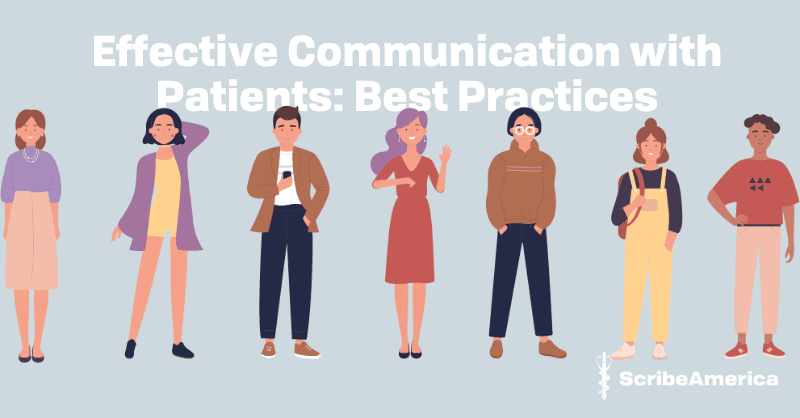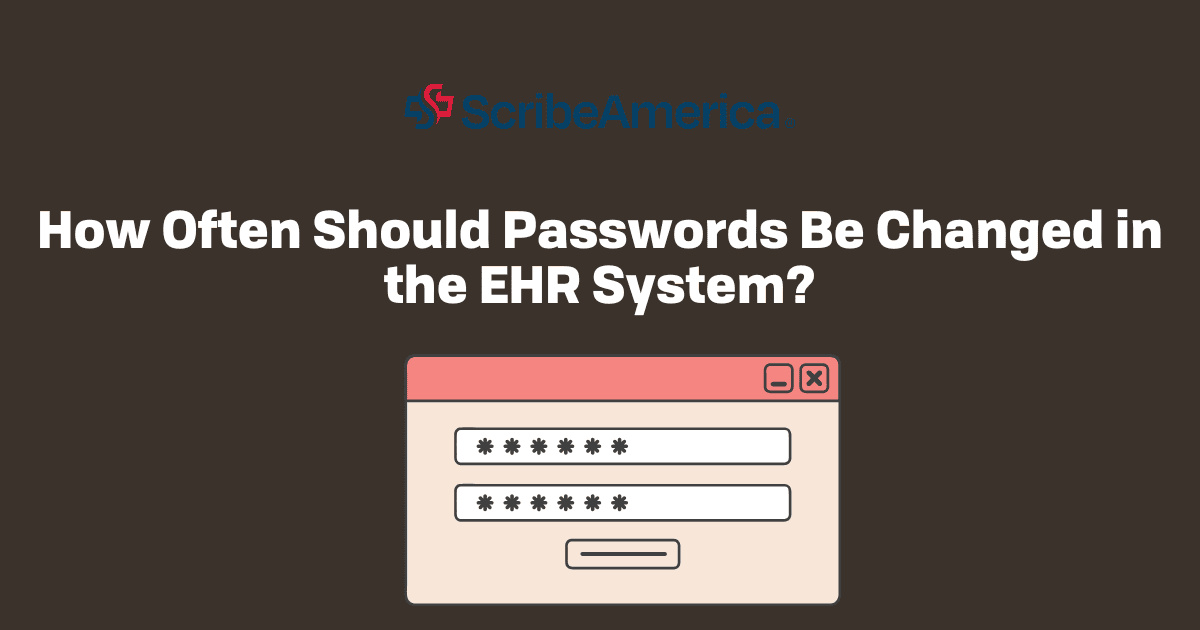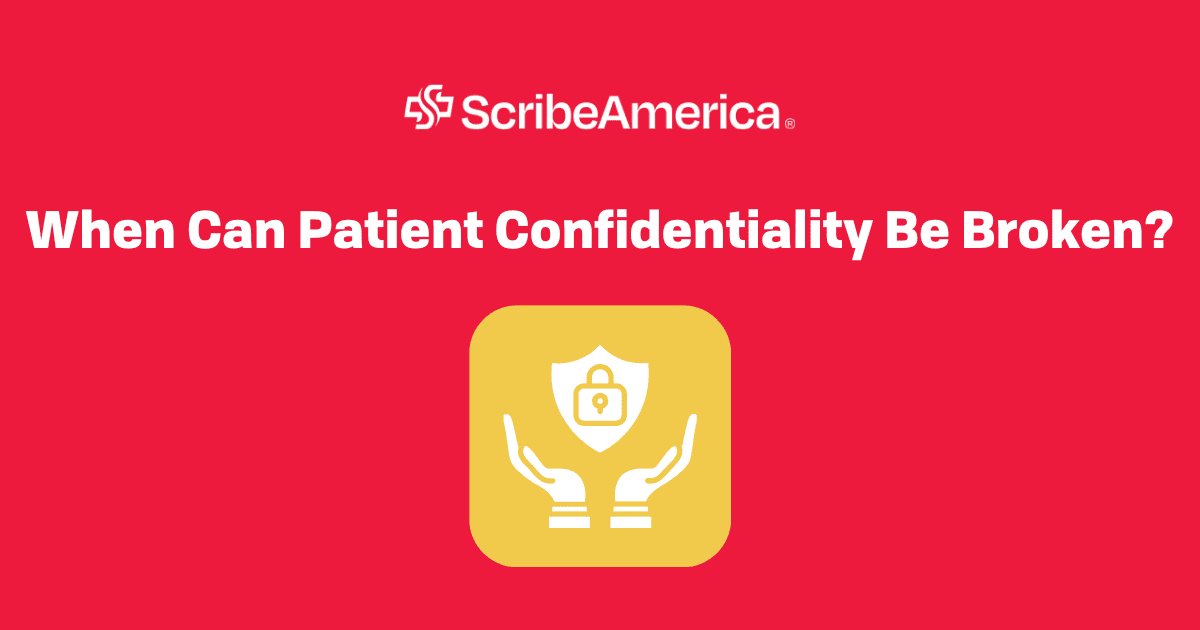Key Points:
- Foundation of Trust: Active Listening and demonstrated Empathy are mandatory for building trust and reducing patient anxiety.
- Safety First: Use the Teach-Back Method as the critical non-negotiable step to verify patient understanding and prevent medical errors.
- Clarity Rule: Avoid medical jargon and ensure all communication is Concrete and in plain language, directly addressing potential low health literacy.
- Strategic Structure: Employ the 5 C's (Clear, Concise, Concrete, Correct, Courteous) to structure all clinical information delivery effectively.
- Better Outcomes: Personalize treatment discussions and integrate digital tools for written summaries to improve patient adherence and overall results.
Effective communication in healthcare is crucial on many levels. In this article, we will focus on a particular one – the communication between healthcare professionals and patients. How to facilitate it to increase high patient satisfaction and avoid potential conflicts? We will answer this question here, so read on.
Why is Effective Communication with Patients Important?
The way the patient feels affects their reactions. Fear may lead to aggression, trust may alleviate fear, or happiness may increase calmness and satisfaction. If you wish to decrease the number of instances of workplace violence in healthcare, making your patients feel good should be your main priority, and this may be achieved through effective communication.
In environments where workplace violence or misunderstandings are increasing concerns, building a sense of safety and empathy is key. And communication with patients is often the first and most powerful tool in achieving this.
In short: effective communication with patients reduces the risk of conflict, increases clarity, improves patient adherence to treatment plans, builds loyalty, and most importantly, significantly reduces the risk of medical errors and malpractice claims.
How to Communicate with Patients Effectively? Proven Strategies and Techniques
Since we’re now understanding why effective communication with patients is important, we may proceed with presenting the best practices for physicians and whole facilities. By implementing them, you are bound to see the results in a short time. So, how to communicate with patients effectively?
Be Attentive (Practice Active Listening)
Active listening shows patients that they are being heard and respected. Focus fully on their words, tone, and emotions. Even brief moments of genuine attention can transform a routine visit into a positive experience.
Tip: Maintain eye contact, avoid interruptions, and nod occasionally to show engagement.
Ask Open Questions and Assess Patient Needs
While a simple yes/no question is sometimes necessary and better, especially when you need a particular piece of information, if you are in a situation where you want to get to the core of the problem, open questions are a better option. They will invite your patients to share their story, which may provide you with additional information which you wouldn’t get otherwise.
Before starting patient education, assess their readiness and limitations (low health literacy):
- Find out what the patient already knows and believes about their condition.
- Identify barriers and limitations (capacity to learn, anxiety, support at home, low health literacy or numeracy).
- Ask about the patient's concerns and perspective, not just questions.
Pay Attention to Body Language
Our bodies often speak volumes about our feelings and attitude, so the ability to control and read them is crucial. Pay attention to what your patients signalize with their body language (anxiety, crossed arms). Ensure your own posture is open, and your tone of voice is calm and reassuring.
Show Empathy: Validate the patient’s feelings. Use phrases like: "I know this must be very stressful for you," or "I can understand why you might be worried." Demonstrating compassion builds trust and alleviates fear.
Use Clear, Simple Language
Most patients are not healthcare professionals, they won’t understand the jargon or specialized terms. If you desire to build trust, you must be understood, therefore you should use simple, plain language that the patients will comprehend.
Remember: If the patient doesn’t understand, the message hasn’t been delivered. Use analogies (e.g., instead of atherosclerosis, talk about clogging pipes) to explain complex processes.
Personalize Your Advice and Involve the Patient in Decisions
In business, personalization has become a key element in marketing and sales. It happened so for a reason, so make a use of this tendency. By giving personalized advice, for instance using the words “in your situation”, you build up trust and your image as an expert, while making your patient happier. Nobody wants to be treated as one of the many, and using certain language, combined with advice adjusted to the situation, is a way to avoid that.

Mastering Clarity: Applying the 5 C’s for Clear Healthcare Communication
To ensure every message you deliver is effective, you must structure your communication deliberately. The 5 C’s of Communication provide a simple, powerful framework to guide your dialogue and check the quality of your information transfer, as highlighted by best practices in the field.
|
Principle |
Meaning in Patient Communication |
|
Clear |
Use simple language; avoid medical jargon, acronyms, and technical terms. |
|
Concise |
Be efficient with your words; deliver the most important information first to respect the patient's time and attention span. |
|
Concrete |
Provide specific instructions and details. For example, say, "Take one pill every morning with your breakfast," not the vague instruction, "Take with food." |
|
Correct |
Ensure all information (diagnosis, dosage, results, timelines) is absolutely accurate and verified. Accuracy is non-negotiable for patient safety. |
|
Courteous |
Demonstrate respect, professionalism, and empathy to build a trusting partnership and make the patient feel valued. |
Leveraging Technology in Effective Communication Between Healthcare Professionals and Patients
Modern healthcare involves more than just face-to-face interaction. Technology is a powerful tool to support effective communication.
- Visual Aids: Utilize diagrams, anatomical models, or digital educational platforms. Visualizations help patients understand complex procedures and conditions.
- Written and Digital Information: Always provide a written summary of the diagnosis, treatment, and instructions. This allows the patient to review the information at home. This can be brochures, treatment plans, or links to trusted online resources.
- Patient Portals and Reminders: Use automated texts or emails for appointment reminders, which dramatically reduces no-shows. Patient portals allow secure non-urgent questioning and access to results, fostering patient engagement.
Final Thoughts: Why Effective Communication with Patients Should Be a Priority
Effective communication with patients will reduce the number of conflicts and increase the trust that the patients put into you. With the tips from this article, you will be able to quickly improve the quality of your communication with the patients. Remember: a happy patient is a person that will return to your clinic.
Did you like this article? Read also: How to Improve Patient Care and Work More Efficiently?





